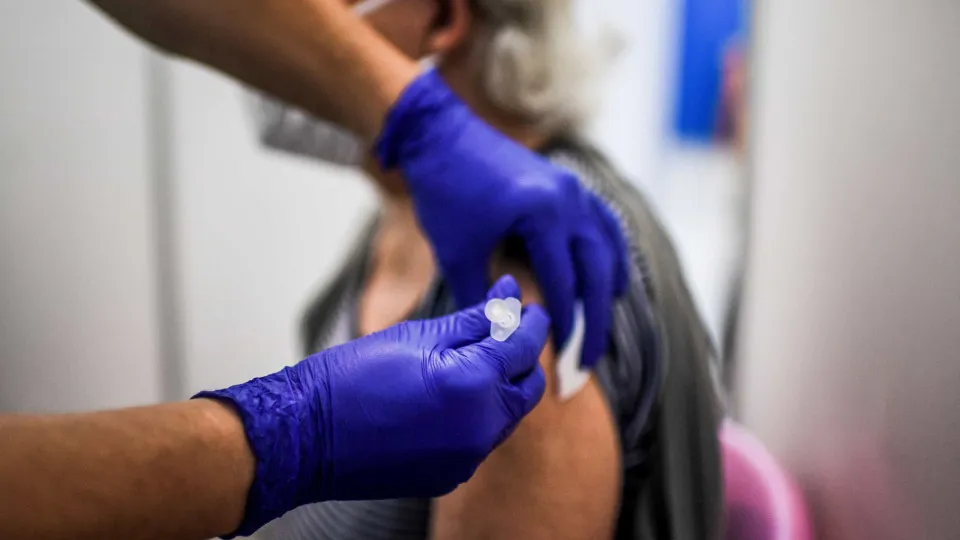
The “Blue Book of Vaccines: National Vaccination Program (PNV) and Other Immunization Strategies” was unveiled at the 60th-anniversary ceremony of the PNV, organized by the Directorate-General of Health (DGS) in Lisbon. This technical reference compiles comprehensive information on vaccines and immunization.
The DGS aims for this to be “a dynamic, collaborative, flexible document, continuously updated to keep pace with the rapid development of scientific knowledge, health technologies, and the national and international epidemiological situation.”
“This tool will support health professionals by providing the latest scientific evidence and will also promote clear, accurate, and accessible communication about the benefits of vaccination to the public,” stated Rita Sá Machado, Director-General of Health, during the ceremony.
According to her, this document offers “a different approach” to vaccination, enabling ongoing scientific updates and adjustments in vaccination strategies, thereby allowing swift action when necessary.
The introduction of this document takes place against a backdrop of an aging population, which Rita Sá Machado said is a result of progress but also coincides with an increase in chronic diseases, international mobility, growing social and political instability, and misinformation.
In this context, she emphasized, “prevention is becoming increasingly important.”
“We always talk a lot about prevention, and the need to invest, but we really need to act on investment in prevention,” she highlighted.
For the Director-General of Health, the PNV, celebrating its 60th anniversary on Saturday, “is undoubtedly the largest and most cost-effective national public health program,” and she stressed that “it must continue as an exemplar of excellence.”
She advocated for the need to “strengthen the screening program” and other important prevention programs that will have a direct impact on the lives of residents in Portugal.
“For this to happen, it is essential to think strategically and long-term about immunization policies with sustainability in mind,” she asserted.
Rita Sá Machado warned that decisions made today “have impacts for many years” and therefore require “careful planning and rigorous evaluation.”
“Only by doing so can we anticipate the arrival of new vaccines and prioritize those that will bring the most benefits to the population,” she concluded.
According to the DGS, the Blue Book of Vaccines emerged from the need to consolidate information on vaccines and immunization in Portugal and to keep pace with epidemiological developments in a globalized world.
It encompasses all information on the PNV, along with details on other vaccination and immunization strategies, such as vaccination targeted at risk groups and vaccination in travel contexts.
The document is divided into four sections, with the first covering: “National Vaccination Program, including historical notes, programmatic lines, vaccination schedules, and general rules.”
The second section addresses “the general principles of vaccination and immunization,” with details on “vaccine development and immune system functioning.”
“Vaccine-preventable diseases, compiling information on the disease and its complications, epidemiology, and applicable vaccination recommendations” and “Traveler vaccination” are the topics of the third and fourth sections.




